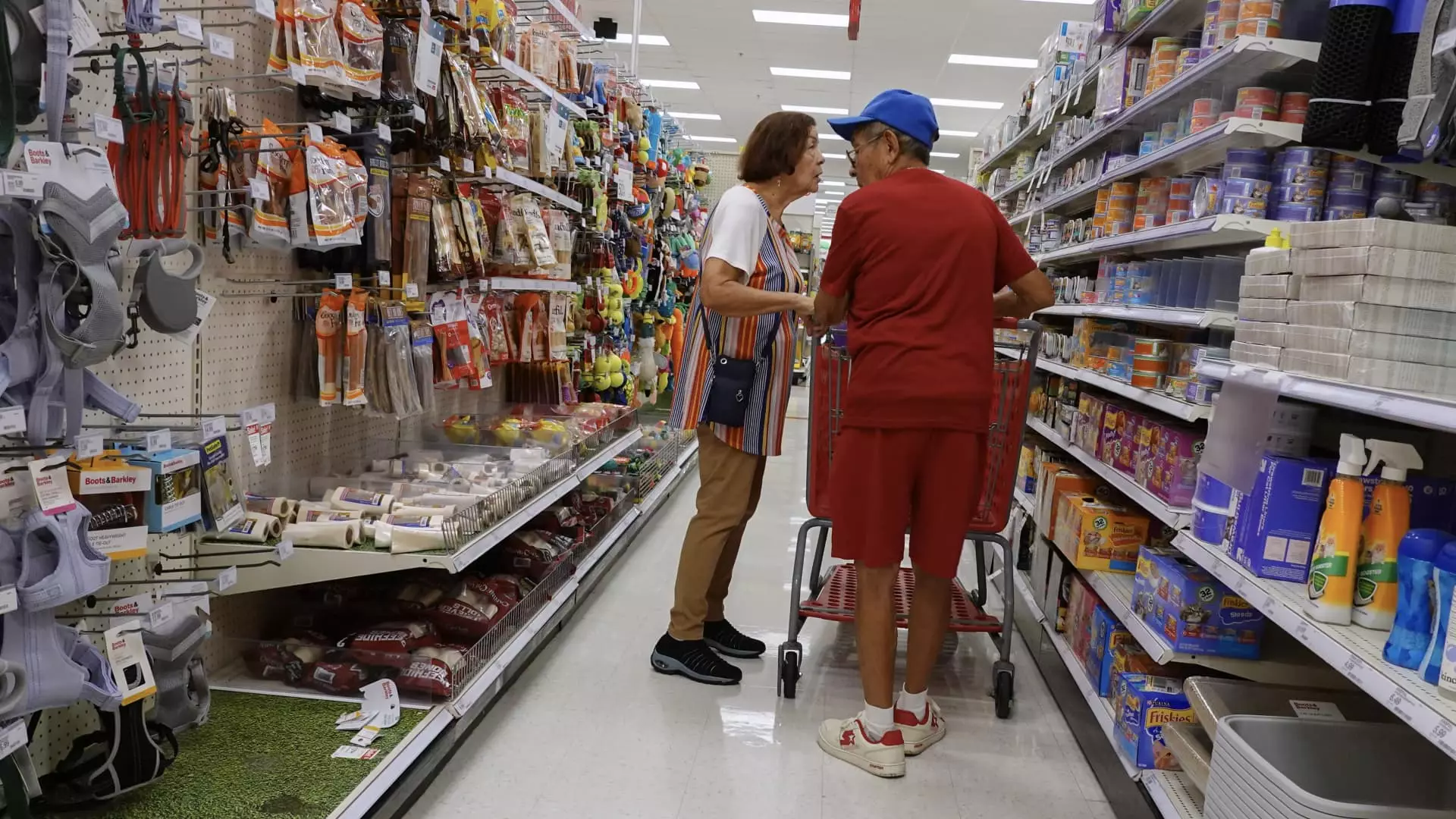Despite data indicating a strong U.S. economy, a significant number of Americans believe otherwise. A recent survey conducted by Affirm revealed that 3 out of 5 adults view the country as being in a recession. This perception is fueled by factors such as rising costs and financial difficulties, which have led many to believe that the economy has been on a downward spiral since March of last year, with potential repercussions lasting until July 2025.
The senior vice president of product at Affirm, Vishal Kapoor, highlighted the burden that persistent inflation has placed on households. As consumer confidence in the economy wanes, individuals are increasingly seeking ways to regain control over their finances. The need for financial stability has become more urgent as many struggle to adapt to the changing economic landscape.
While many Americans perceive the U.S. to be in a recession, the reality is that the gross domestic product has been steadily increasing over the past few years. Despite this, the disconnect between economic data and public sentiment persists. Officially defined by the National Bureau of Economic Research, a recession entails a significant decline in economic activity that spans across various sectors and persists for an extended period.
The economic challenges faced by Americans are further exacerbated by soaring prices of essential goods, leading to a depletion of savings and increased reliance on credit cards to meet basic needs. This reliance on credit has pushed many households into financial distress, as indicated by a growing number of delinquent credit card payments reported by the New York Fed.
The phenomenon of a “vibecession,” as described by JPMorgan’s chair of global research, Joyce Chang, underscores the disconnect between economic prosperity and individual financial well-being. While certain segments of the population have reaped the benefits of wealth creation, a significant portion remains marginalized and financially vulnerable. This disparity has fueled a sense of disillusionment among many Americans regarding their economic prospects.
As the U.S. economy continues to evolve, bridging the gap between economic data and public perception remains a critical challenge. Addressing the financial struggles of disenfranchised populations and promoting inclusive growth are essential steps towards fostering a more equitable and sustainable economic environment. By acknowledging the complexities of economic realities and perceptions, policymakers and stakeholders can work towards creating a more resilient and responsive economy that benefits all segments of society.

